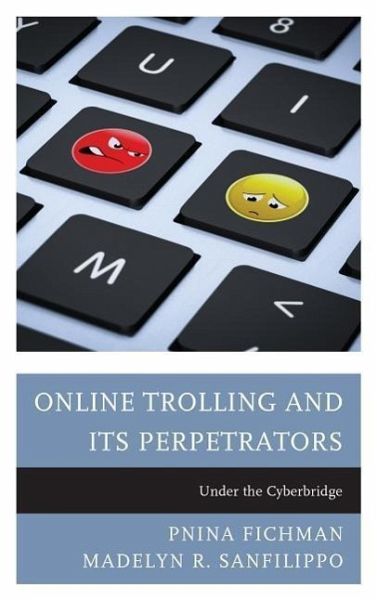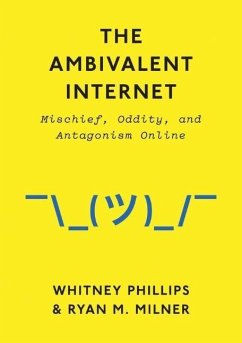Nicht lieferbar

Online Trolling and Its Perpetrators
Under the Cyberbridge
Online trolling and other deviant behaviors have always affected online communities. As online trolling becomes widely spread, myriad questions are raised, including: * Who is a troll and why do trolls troll? * What are the enabling factors of online trolling? * How do members and administrators of online communities detect, interpret, and react to trolling? How can online trolling be handled effectively? * What is the impact of the socio-cultural and technological environments on online trolling? * What motivates trolling?














